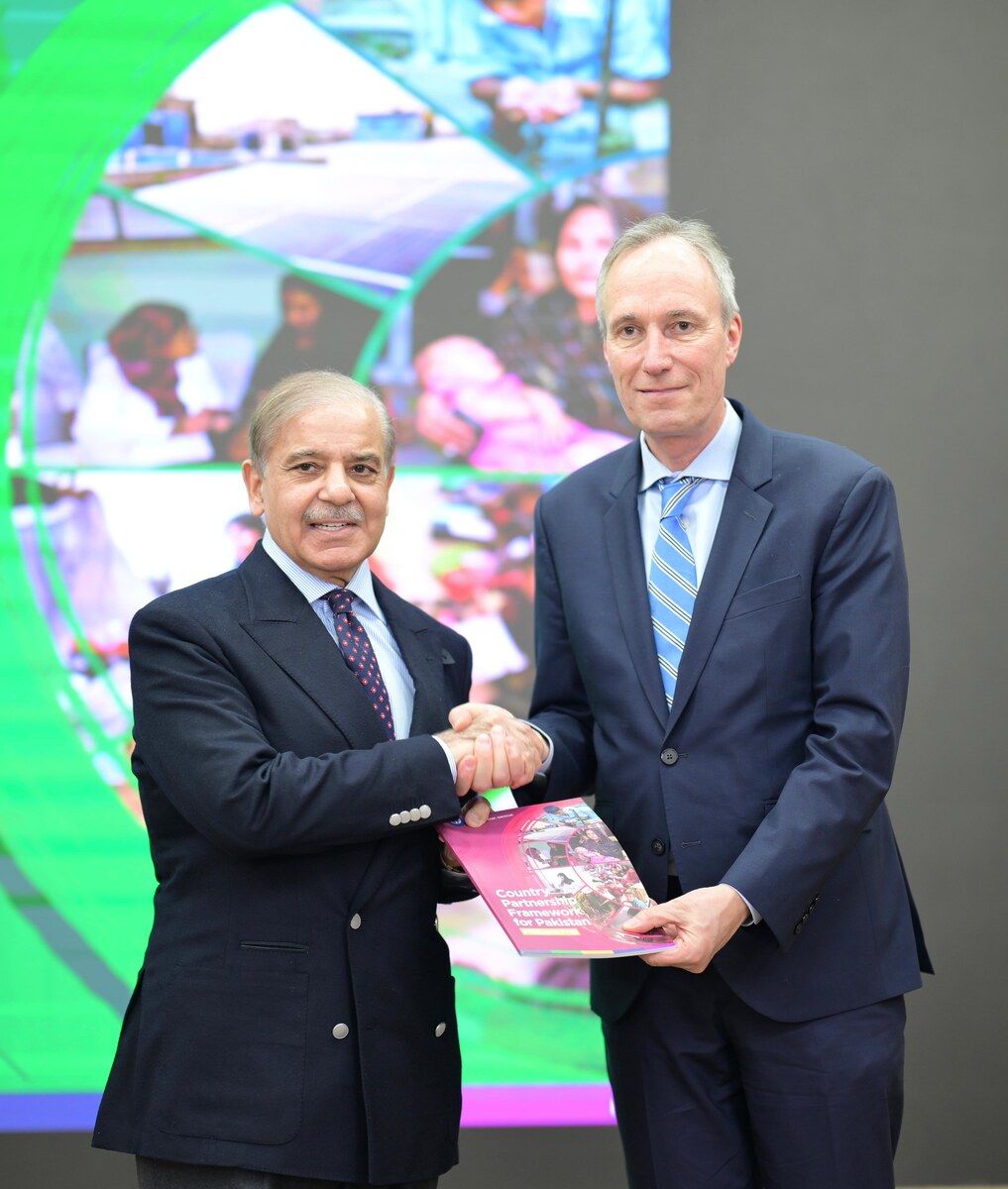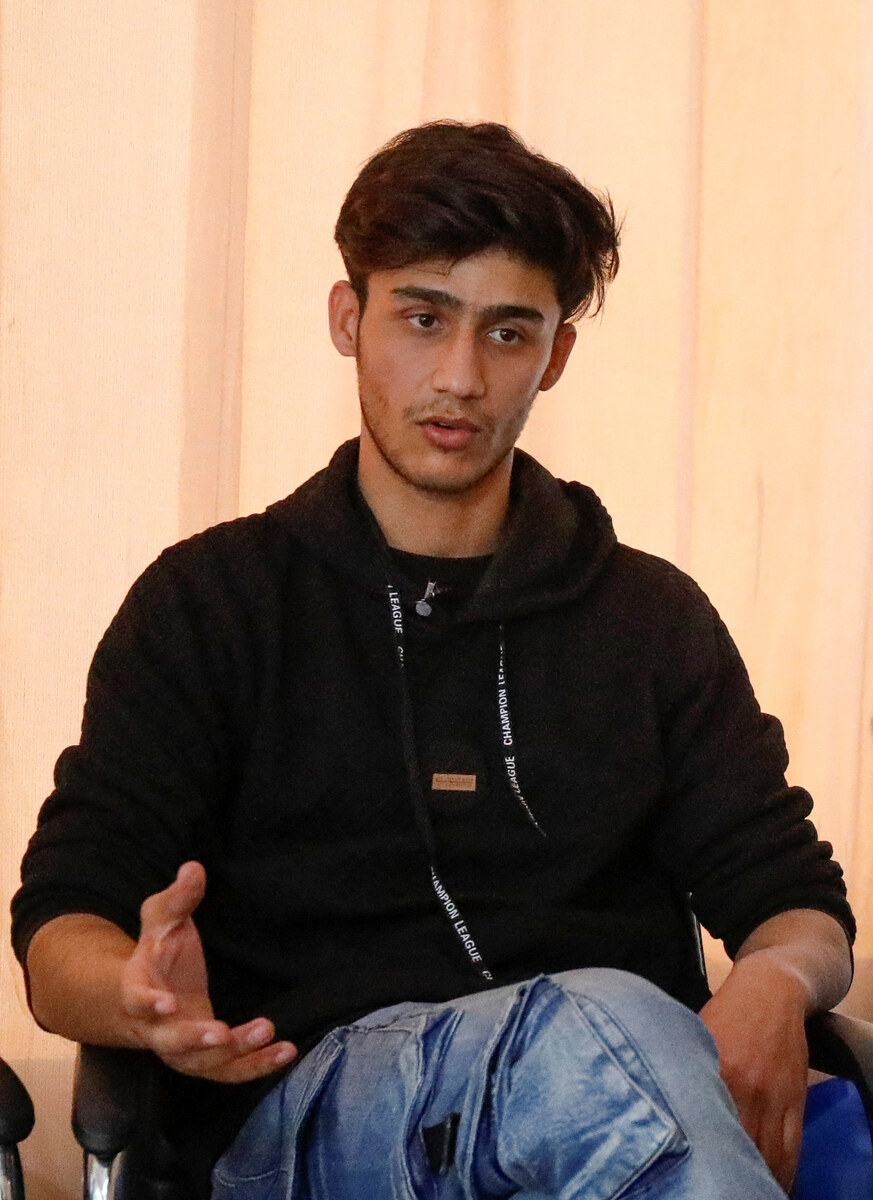ISLAMABAD: Pakistani security and government officials said on Wednesday Pakistan had not deployed extra troops along its common border with India following last week’s suicide bombing on an Indian police convoy in the disputed Kashmir region, but warned that the military was on “high alert.”
Tensions between the two arch rivals have escalated sharply after a bomber slammed into an Indian police convoy in the disputed Kashmir Valley on February 14, killing at least 40 Indian paramilitary police.
Jaish-e Mohammad (JeM), a militant group said to be based in Pakistan, claimed responsibility for the attack. The Pakistani government has denied any involvement. The country has long held that it only provides diplomatic and moral backing to the Kashmiri people in their struggle for self-determination against Indian occupation.
Faced with a looming election, Indian Prime Minister Narendra Modi is under pressure from hardliners to take decisive action in response to the attack and has said he has given the military a free hand. His counterpart Imran Khan said on Tuesday Pakistan would retaliate if attacked.
Since independence from the British in 1947, the neighbours have fought three wars, two of them over Kashmir.
A security official denied reports that Pakistan was building up troops on the Line of Control, the de facto border dividing Indian- and Pakistani-administered Kashmir, widely considered one of the most dangerous flashpoints in the world.
“We stay alert all the time, but there is no extra troop buildup at this time,” the official said, declining to be named as he was not authorised to speak to the media on the record.
An official at the ministry of foreign affairs, requesting anonymity, said there was “increased vigilance” by the military on the border but no deployment of extra troops.
“India should not test us, but war is not in anyone’s interest,” he said. “We are keeping a close eye on the situation. We have offered again and again to India that we should talk.”
The army’s media wing and the foreign office did not respond to requests for official comment.
Pakistan's lower house of parliament on Wednesday adopted a resolution strongly rejecting Indian allegations linking Pakistan to the February 14 convoy attack and denounced reprisal attacks on Kashmiris in Indian-administered Kashmir as well as the targeting of Kashmiri students across India.
The parliamentary resolution said New Delhi's smear campaign against Pakistan would not "delude or obscure the real issues of human rights nightmare and humanitarian emergency prevalent in IoK [Indian occupied Kashmir] due to the Indian atrocities."
In a report released last year, the U.N. called for an international inquiry into excessive use of force in Kashmir by Indian security forces which it said had killed and maimed numerous civilians since 2016.
Tensions may yet rise after Indian media widely reported that a Pakistani inmate serving a life sentence in a terrorism case at Jaipur Central Jail was allegedly beaten to death by a group of inmates on Wednesday.
In September 2016, after 19 soldiers were killed in an attack on an Indian army base in Kashmir that India blamed on infiltrators from Pakistan, India said it had carried out “surgical strikes” inside Pakistan. India declined to provide more evidence of the operation. Pakistan “completely rejected” that the alleged raid by Indian special forces had taken place.
“If you can carry out any kind of attack on Pakistan, Pakistan will not just think about retaliating, Pakistan will retaliate,” the Pakistani prime minister said in a video message on Tuesday. “There will be no other way for Pakistan to respond than to retaliate.”
In 2001, Jaish mounted an attack on the Indian parliament that brought India and Pakistan to the brink of war. India’s repeated efforts to have Jaish chief Masood Azhar put on a U.N. Security Council blacklist have been blocked by China, a staunch political ally and economic partner to Pakistan.
“Unless Pakistan takes decisive action, once and for all, against these problematic groups, it will keep losing out in the court of global opinion,” political analyst Mohammad Malick said. “For now, what we have is a large sized pressure cooker with perfectly timed pressure valves; so rhetoric will go to a feverish pitch but both sides will stop short of an actual physical confrontation.”
“It’s election year in India. This is to be expected,” he said about India’s threats of a counter-attack.
In remarks to media on Wednesday after briefing top United Nations’ leaders about escalating tensions, Pakistan’s ambassador to the UN Maleeha Lodhi said she had reiterated Pakistan’s readiness to a “constructive and meaningful dialogue with India.” “I explained India’s no-talk posture is not only irresponsible, but it puts at stake the peace and security of all of South Asia,” she said.
Pakistan and India are currently also engaged in hearings at the U.N. court, formally known as the International Court of Justice, in a dispute over a former Indian navy officer arrested in Pakistan in March 2016 and sentenced to death for allegedly spying for India. A ruling in the case is not expected for several months after the close of hearings on Thursday.

















